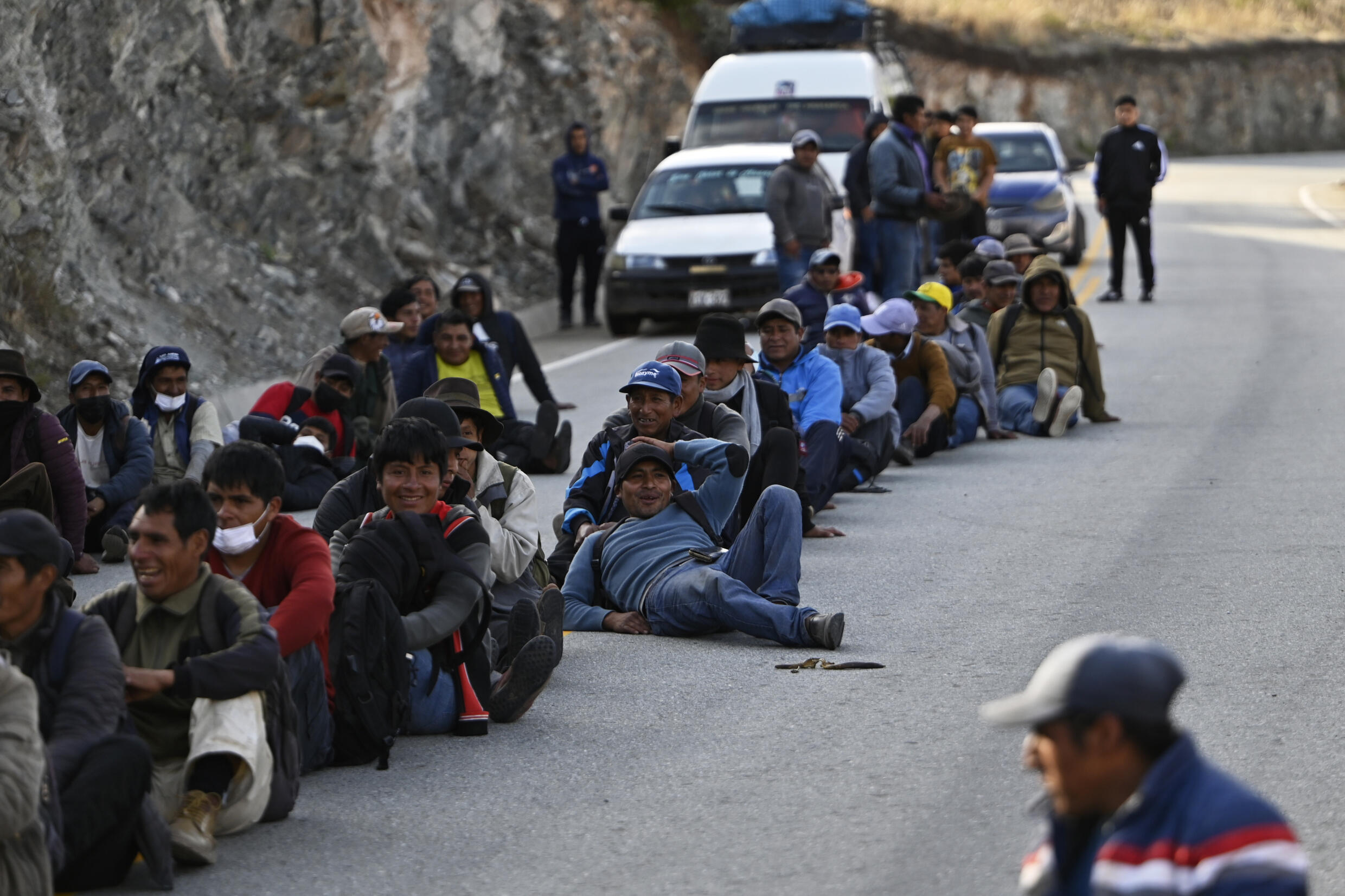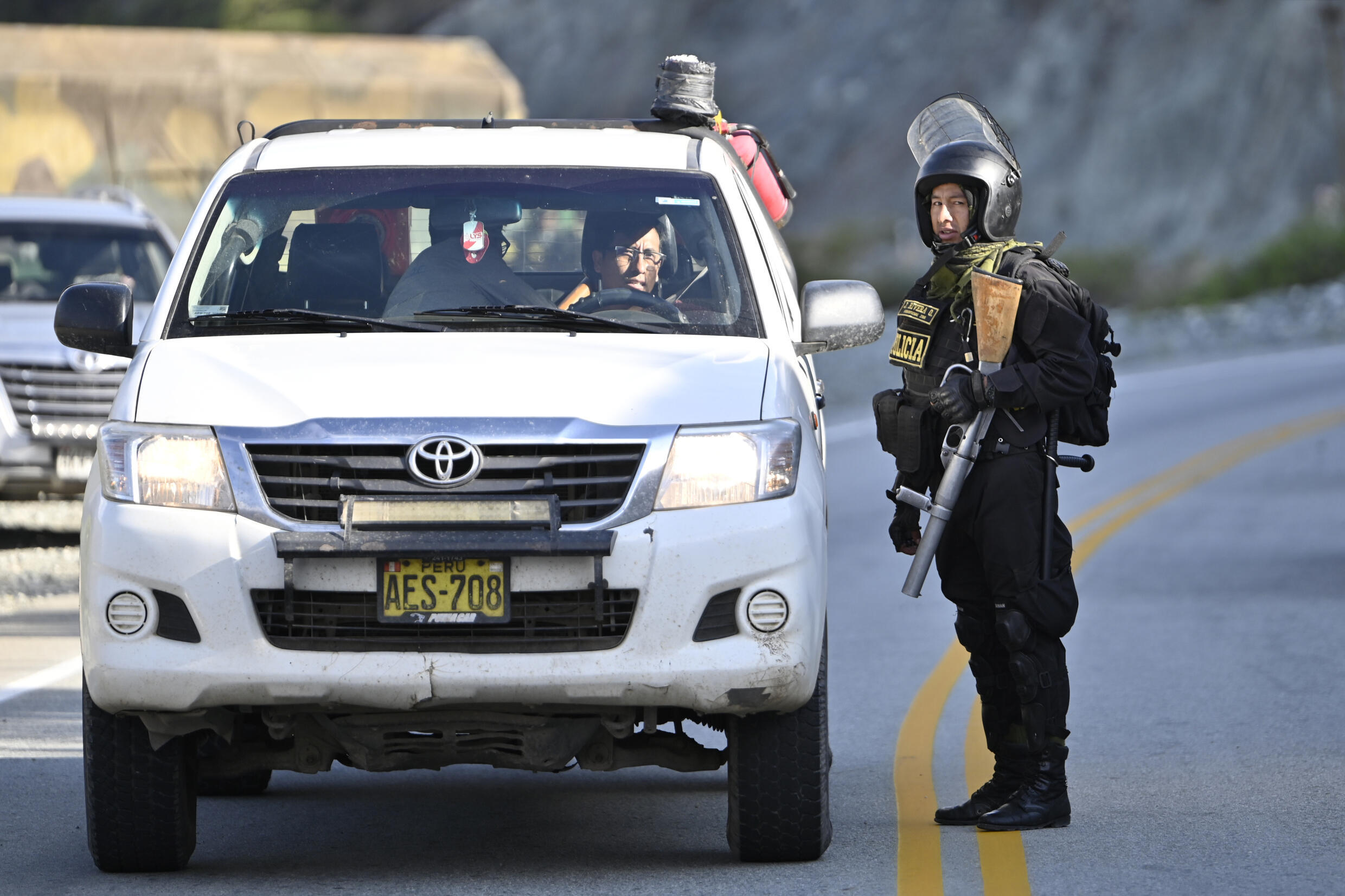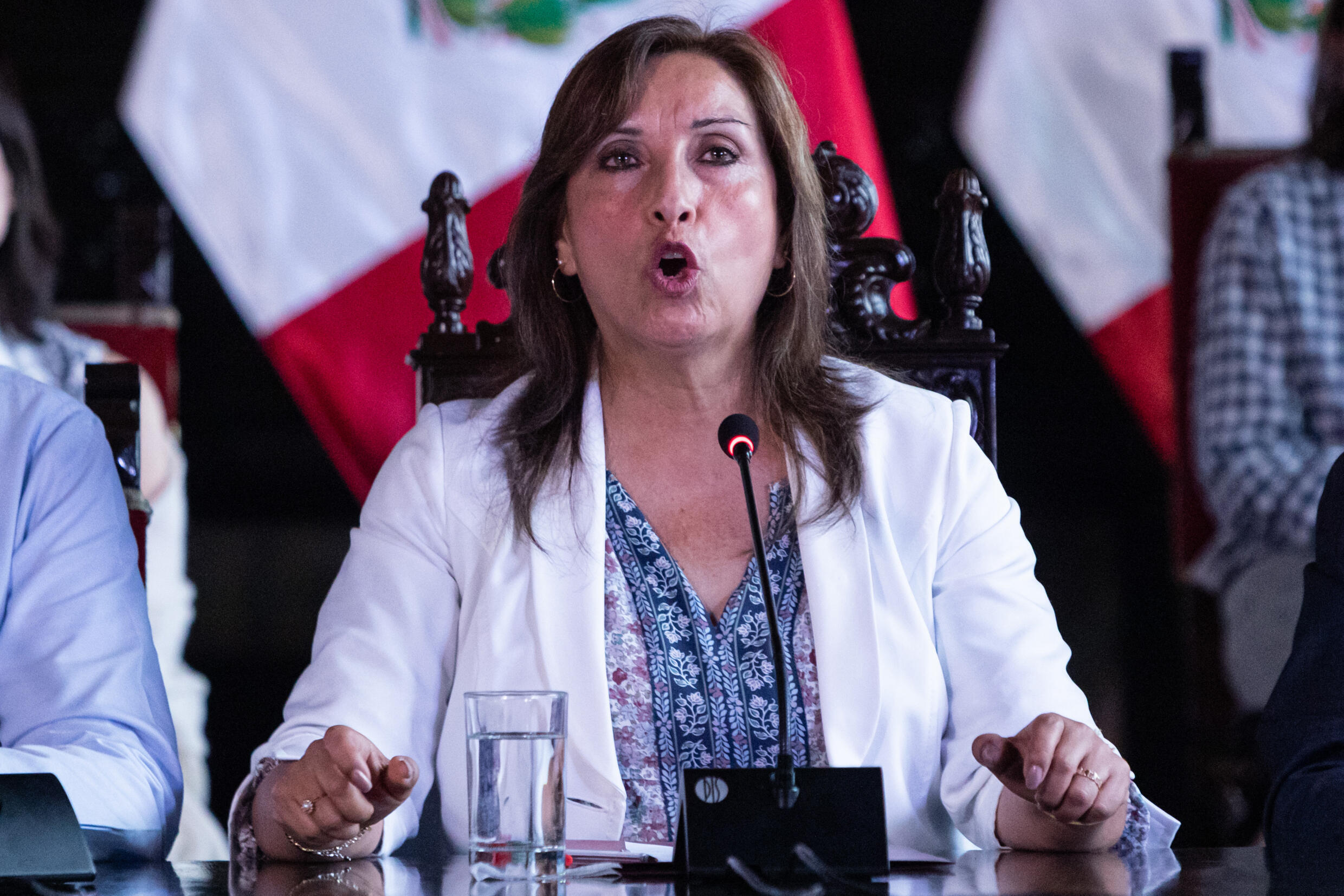First Amendment: Last update:
LIMA (AFP) – On Tuesday, the Peruvian Congress is discussing the possibility of bringing forward the date of general elections to mitigate the crisis resulting from the impeachment of President Pedro Castillo, with 21 people killed in protests that alerted human rights organizations.
Last week, the Election Progress Project did not get the necessary votes. After this Tuesday’s agreement, the issue will be discussed and voted on again. He needs the support of 87 out of 130 lawmakers.
The plan is to advance the election from 2026 to 2023 and hand Dina Polarte, Castillo’s successor, the leadership in April 2024, when the president-elect takes office.
The left-wing seats, which support Castillo, are calling for the vote to be included in the call for a referendum on the Constituent Assembly.
Boulwart, whose resignation is also being demanded by protesters, confirmed she was ready to leave by the new deadlines and asked lawmakers to speed up debate. He commented, “Don’t be blind, look at the population and move.”
“Today the early elections are decided and that the right and the left reach an agreement,” independent congresswoman Susil Paredes told the press.
According to polls, 83% of citizens support the advancement of the elections.

This Tuesday, a delegation from the Inter-American Commission on Human Rights, headed by its secretary, Tania Renium, arrived in Lima to meet with the authorities “to receive information on the institutional crisis and the protests.”
IACHR met Boluarte at the Government Palace and plans to visit some cities in the country.
He will reshape the cabinet
Boulwart, who has only thirteen days left in office, will reform his cabinet this Tuesday, as announced, including the change of prime minister, in favor of appointing officials with more political experience to find solutions to the crisis.
The ministers of education and culture resigned last week, rejecting the deaths of violent protests.

The Transportation Portfolio reported that operations resumed on Tuesday at Inca Manco Cápac Airport in Juliaca, in Puno (south) region, after six days of closure due to protests.
Visits to the Inca fortress of Machu Picchu have been suspended since December 14, to protect the safety of tourists due to the protests. Other airports that remained closed were already operating.
Some demonstrations remained active this Tuesday in the south of the country.
According to the latest report of the Ombudsman’s Office, since its inception on December 7, the protests have left 21 dead and more than 600 injured due to clashes between demonstrators and security forces.
As part of the protests, in Ayacucho, eight demonstrators were killed last week in a clash with the army, after an attempt to take control of the airfield in that area. The Ombudsman requested a criminal investigation, because several deaths occurred from gunshot wounds to the body.
Castillo lost power that day after trying to shut down Congress, interfere with the judicial system, rule by decree, and call a Constituent Assembly.
His request had no institutional support, so he was arrested for mutiny, when he tried to reach the Mexican embassy to ask for asylum.
Mexico’s foreign minister, Marcelo Ebrard, confirmed that former president Castillo’s wife and children had taken refuge in the Mexican embassy in Lima.
“Safe conduct is now being negotiated so that, if they want to leave, they can do it and come to Mexico, but they are on Mexican territory, at our embassy,” Ebrard told a news conference.

Castillo’s wife, Lilia Paredes, is under investigation by the Peruvian Attorney General’s office as a possible coordinator of a criminal organization allegedly led by her husband.
© 2022 AFP

“Award-winning alcohol trailblazer. Hipster-friendly internetaholic. Twitter ninja. Infuriatingly humble beer lover. Pop culture nerd.”
